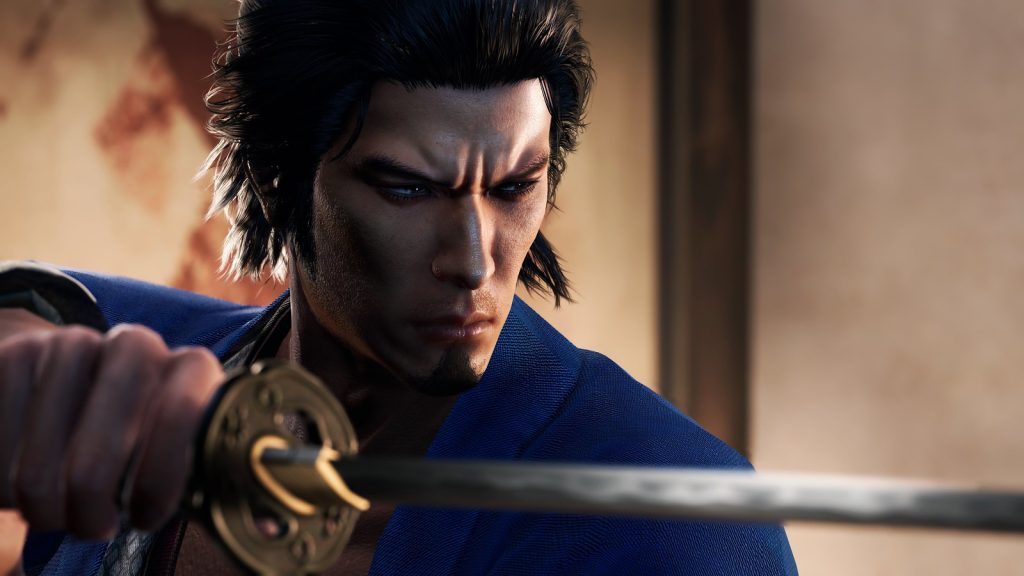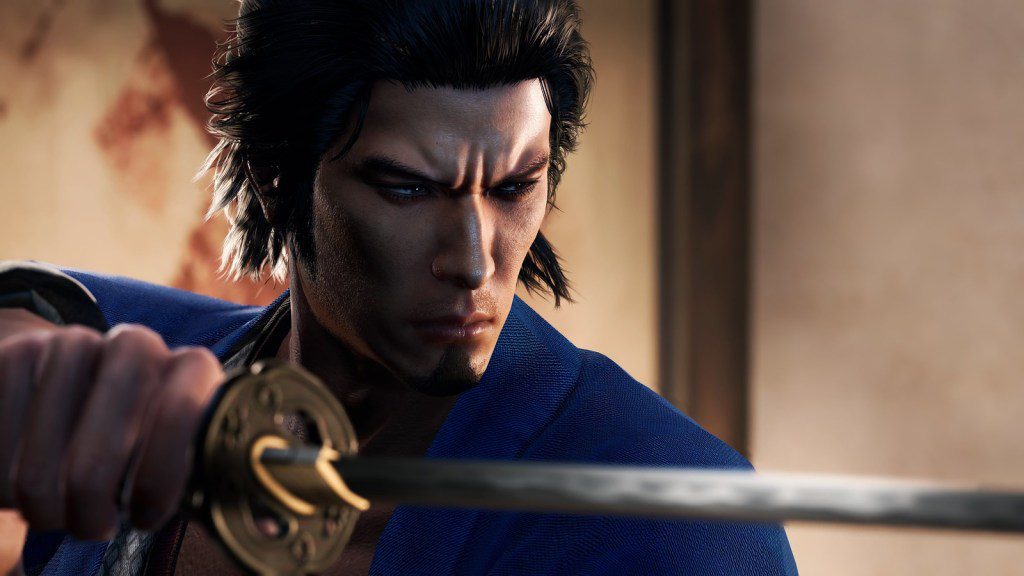A reader proposes that Western games companies should manage their business like Japanese publishers, who have not needed to dismiss anyone.
When it first became apparent that something serious was happening in the games industry, involving all the job cuts and the change of direction for Xbox and PlayStation, the remark from former Nintendo boss Satoru Iwata, about why he didn't lay off anyone when things were difficult for them, gained a lot of attention on the internet.
‘I sincerely doubt employees who fear that they may be laid off will be able to create software titles that could impress people around the world,’ he said, before taking a 50% pay reduction and encouraging the rest of the board of directors to reduce their own salaries as well.
I don’t need to tell you that this is something that is impossible to imagine any Western company doing – or even PlayStation, who are headquartered in the US. In his business update Phil Spencer devoted a whole sentence to vaguely imply that laying off 1,900 developers was a bad thing, while Sony hasn’t said anything at all about the situation.
This week we had the announcement that Capcom has raised the base salary of all its employees by 25%. While Square Enix went out of its way to say the success of Final Fantasy 7 Rebirth was attributed to its dedicated employees, who it had given a 10% increase to in order to prevent them from leaving the company. Once again, have you ever heard of a major Western company doing anything similar?
I’m not trying to portray Japanese companies as selfless charities, because clearly that’s not true. They have a reputation for demanding long work hours, total devotion, and low pay (which is why these raises are necessary). Labor laws are also different and as I understand it’s actually very difficult to lay anyone off in Japan (which in itself seems a good thing).
But at the end of the day these developers have not only still got jobs, they’re being paid more for them too. Other than Sony, not one Japanese publisher has announced any layoffs or given any indication anything unusual is going on at the moment.
Even as Microsoft and Sony overhaul their decades old strategies, and pivot to uncertain initiatives, Nintendo is so unconcerned they’ve postponed the Switch 2 because they don’t think it’s quite ready yet.
There’s a lot of discussion about another industry collapse, following the one in 1983, but if you look that one up you’ll see that the way it ended was that Japan (and Europe) hadn’t had any problems and so Japanese companies, namely Nintendo and Sega, intervened and revived the entire concept of the games industry.
Certainly a multitude of things have changed since then, in terms of the specifics, but it seems to me that history is still going to repeat itself to a large degree. Or at least it will if American companies learn to act a lot more like their Japanese counterparts.
Apart from not treating your staff like expendable assets, the other thing that seems to have enabled Japan to avoid the issues is that their budgets were already generally much lower than Western equivalents. Sony may have spent $315 million on Spider-Man 2 but I’m sure no Japanese developer has ever worked with that sort of budget before, and that’s why they don’t have to lay anyone off at the moment.
If American companies start to fail because they’ve pushed the boundaries of the industry too far, then Japanese companies would step in to fill the gaps, but I don’t think it will work out like that.
However, if American publishers start to rely on just one or two huge AAAA games per generation, then there’s still a big opportunity for Japanese companies that make more reasonably budgeted games and can take a risk.
It's uncertain how things will be in the future, but at the moment it seems like American companies should look to Japan for guidance on how to manage their businesses. Also, just act reasonably. Keeping budgets in check and treating your staff well is not some crazy idea.
By reader Onibee
The reader’s opinions do not necessarily reflect the views of GameCentral or Metro.
You can send your own 500 to 600-word reader feature at any time, and if used, it will be published in the next appropriate weekend slot. Just contact us at or use our Submit Stuff page and there’s no need to send an email.
To submit Inbox letters and Reader’s Features more conveniently, without the need to send an email, just use our Submit Stuff page here.
For more stories like this, check our Gaming page.










